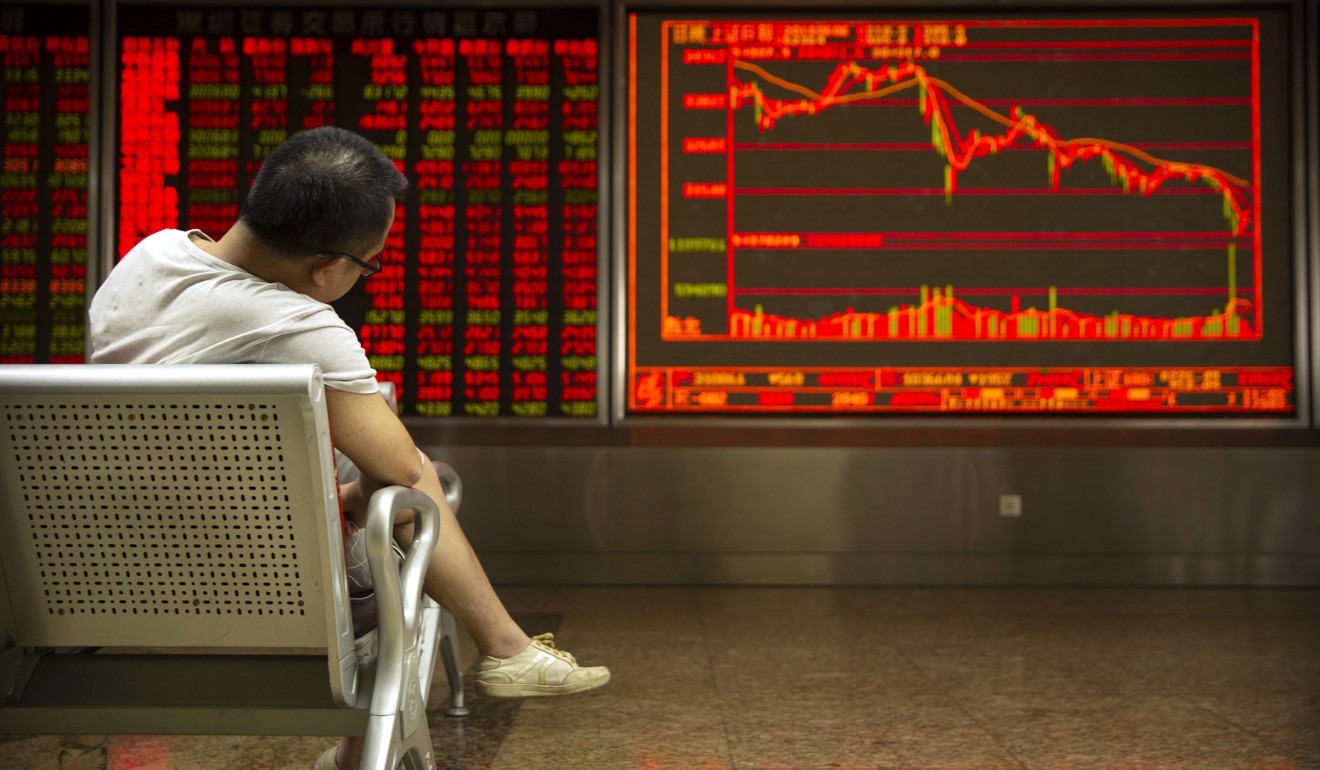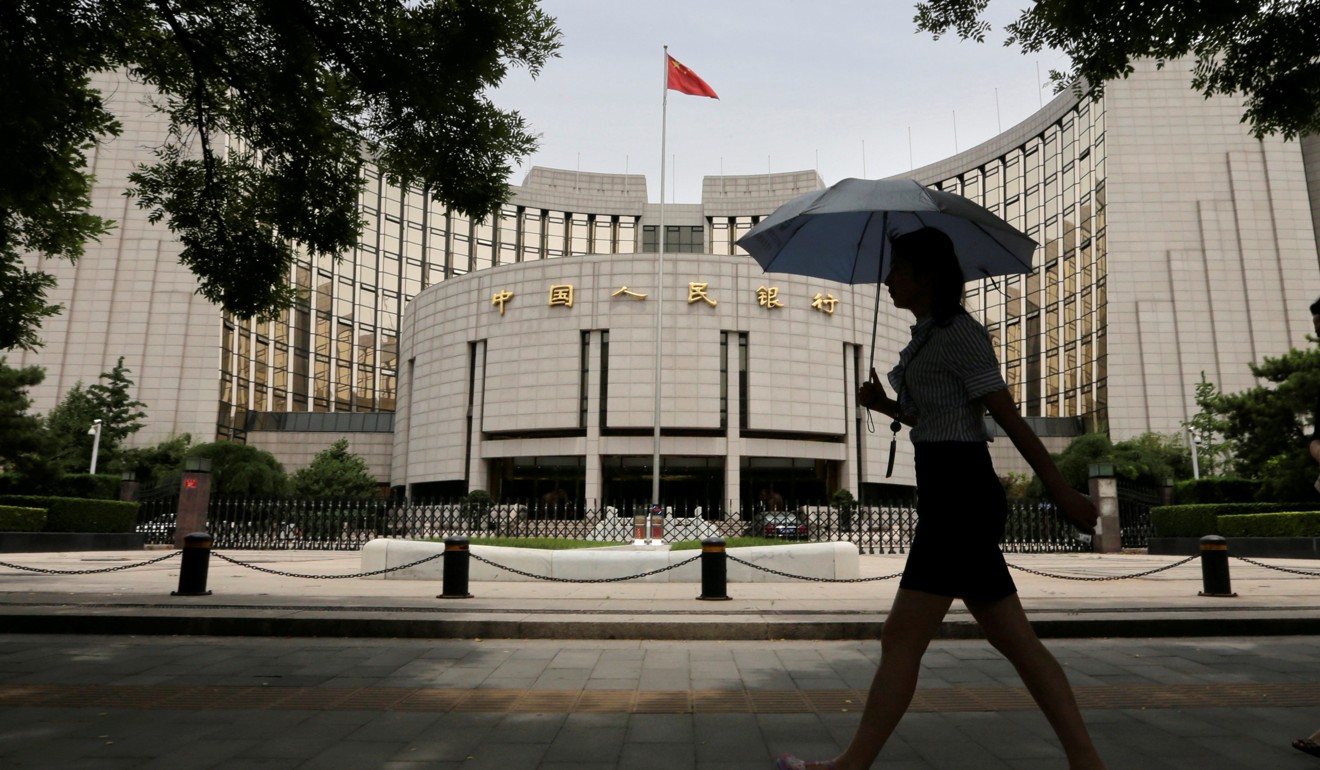
Bond defaults in China are a necessary pain for a healthier economy
Aidan Yao says the rash of defaults in the corporate bond market, a result of Beijing’s deleveraging drive, must be tolerated to reap longer-term rewards
In contrast to those gloomy views, rising defaults in the credit market could be deemed a healthy development. They suggest that the authorities are actively removing implicit guarantees and allowing the market to better price risks.
Granted, such a structural reshaping of the market will cause short-term pain, as defaults and bankruptcies create stress for the system. However, it is worth noting that the amount of corporate bond defaults so far represents only a tiny part – 0.08 per cent, to be precise – of China's US$4 trillion corporate bond market.
Two signs indicate that the defaults so far are relatively well contained. The first is the general divergence in price actions between the credit market, which has seen a sell-off recently, and the stock market, which has been resilient. The lack of contagion across markets suggests that investors do not believe these idiosyncratic credit events will amount to a significant shock to the wider system.

In addition, the bond defaults have not deterred foreign investors from buying renminbi bonds. Data from the People's Bank of China shows that foreigners have raised their holdings of China bonds for a 13th straight month in March this year, to 1.4 trillion yuan.
Public-sector investors have already started to diversify into Chinese bonds as well. Such inflows should not be taken for granted, however. They will be contingent on Beijing's continuing efforts to liberalise China.

Here are three tasks that Beijing could perform to maintain investors’ interest in renminbi bonds. First, it must maintain macro stability and continue with structural reforms to shore up confidence in the Chinese economy and financial market.
Second, the authorities need to continue to liberalise and open up the market to global investors, which will help to raise China's weighting in global benchmarks.
Last but not least, they need to remove official interference in the market to ensure its proper functioning. Actively withdrawing the implicit guarantee and allowing weak companies to go under are critical to letting market forces price risks and allocate credit in the economy.
This is why Beijing has to endure the short-term pain brought on by the recent defaults, so as to reap the long-term gains of having a healthier and better functioning bond market to support its economy in the future.
Aidan Yao is a senior emerging Asia economist at AXA Investment Managers

